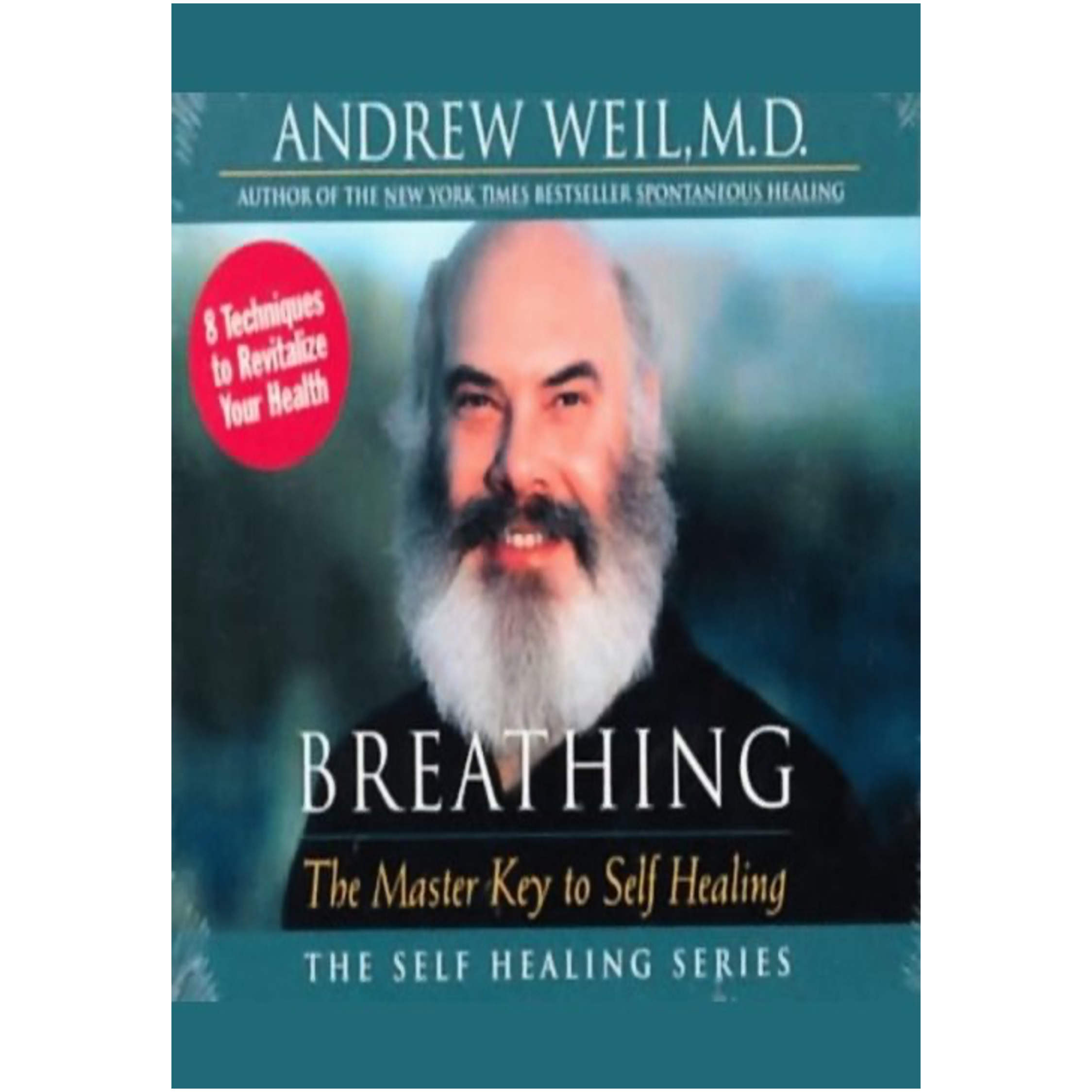Reading Time: 1 min 57 sec
I hope the next 23’ish breaths are the most nourishing of your day.
4 THOUGHTS
1. How to Concentrate Better
“I realized then that to recover from our loss of attention, it is not enough to strip out our distractions. That will just create a void. We need to strip out our distractions and to replace them with sources of flow.”
- Johann Hari, Stolen Focus
How good is that? And it applies perfectly to our contemplative practice. When you focus not only on avoiding distractions but on building a practice you’re excited to do, concentration comes naturally. The key is making it something you genuinely look forward to rather than something you force yourself to do.
2. How Meditation Changes the Brain
“To summarize, our research on meditators has revealed structural changes in regions of the brain that are important for emotion regulation, empathy, and self-referential processing. Furthermore, changes in stress levels correlated with changes in amygdala gray matter density. These data provide important information on how meditation works, and lend considerable evidence to the claims of meditators that practice improves their mood, their emotion regulation capacity, and, in particular, their ability to handle stressful situations.”
- Sara Lazar, Ph.D., The Healing Power of Meditation
Just an excellent and motivating summary of the brain changes from meditation 🧠
3. Why Breathing Changes are Quickly Signaled to the Brain
“Parasympathetic dominance can occur through slowing and/or controlling breath…The parasympathetic and sympathetic systems are tonically active, with efferent pathways extending from the brainstem and hypothalamus to all major peripheral organs and afferent nerves from the lungs, airways, and heart, projecting to the brainstem and to the hypothalamus and higher order neural regions. Because of this anatomical connectivity, changes in breathing rate are quickly signaled to the brain, allowing the brain to interpret that the body is in a relaxed, calm state, and safe state.”
Just a reminder of why slow breathing is so powerful: the breath’s structural connections to the brain mean that deliberately slowing it quickly sends messages to the brain that you are in a calm, safe state 👏
4. This is Never Selfish
“The only thing we have to bring to community is ourselves, so the contemplative process of recovering our true selves in solitude is never selfish. It is ultimately the best gift we can give to others.”
– Parker Palmer
1 Quote
“With a little practice we can also use breath control techniques to escape from reality for a while, taking a well-earned break from both body and mind.””
1 GOOD BOOK
Breathing: The Master Key to Self Healing by Andrew Weil, MD
This audiotape, released more than 20 years ago, is one of my top 5 recommendations for anyone beginning with breathing. It’s less than 2 hours and has almost everything we need to start a breath practice. Check it out if you haven’t already.
In good breath,
Nick Heath, T1D, PhD
“Breathing is the compound interest of health & wellness.”
Enjoy these posts? Donate to say thanks!
P.S. how lonely are you?
Get My New eBooks
P.S. How to Get Started with Breathwork is an excellent, modern complement to this week’s book, Breathing: The Master Key to Self Healing.
The Breathing App for Diabetes
This is the first program specifically made for people with diabetes to help manage their stress through breathing and mindfulness practices. In addition to the amazing program inside the app, we have some really neat things coming up, so sign up now!
Amazon Associate Disclosure
I’ve been recommending books for almost 6 years. Yet somehow, I just discovered that I could be an Amazon affiliate [face-palm]. In any case better late than never. Now, any Amazon link you click is an affiliate link. As an Amazon Associate, I earn from qualifying purchases. So, if you’d like to support my work, buying books through these links is helpful : )
* An asterisk by a quote indicates that I listened to this book on Audible. Therefore, the quotation might not be correct, but is my best attempt at reproducing the punctuation based on the narrator’s pace, tone, and pauses.



